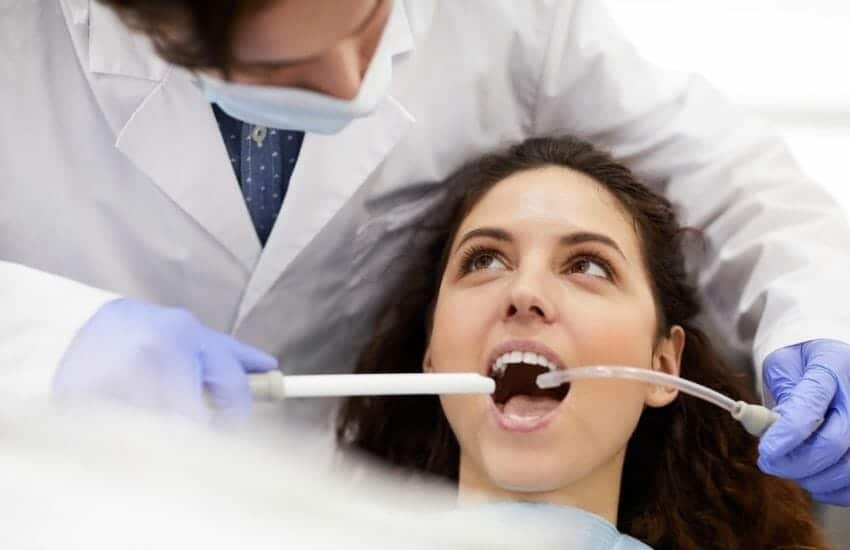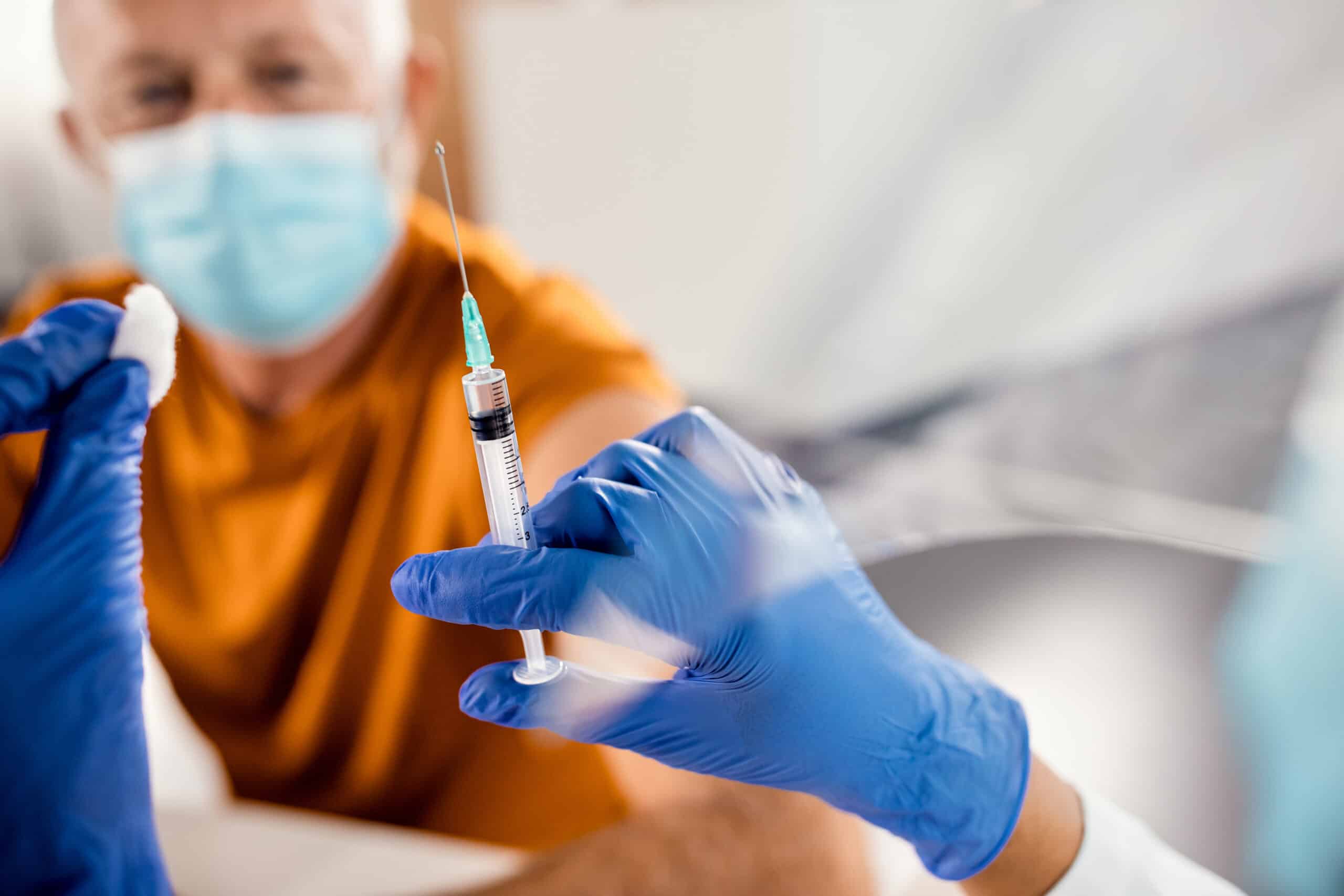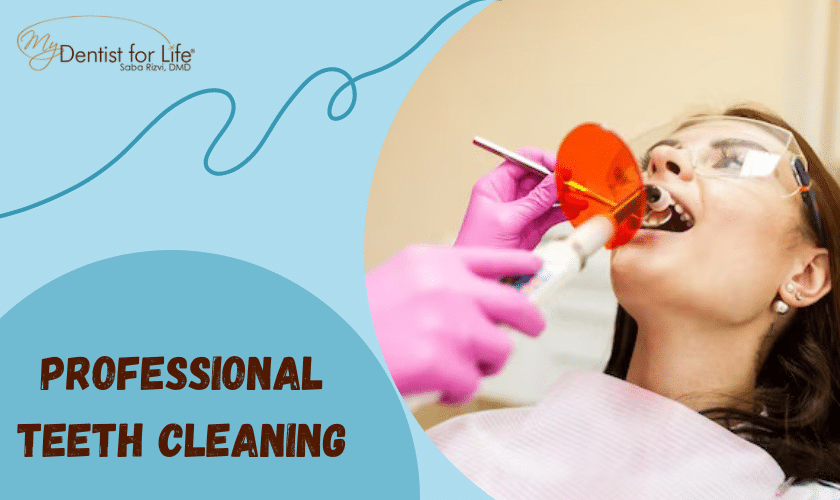ONLINE SCHEDULING AND VIRTUAL CONSULTS AVAILABLE

Get To Know About Dental Plaque

Do you know what the plaque on your teeth really is? Dental plaque is a highly sticky, colorless or pale yellow deposit of film that continuously grows on your teeth. When saliva, food, and fluids merge together, plaque – that consists of bacteria – grows between your teeth and along the gum line which in fact, can damage your tooth enamel and gums too. Scientists term plaque a “biofilm” as it is definitely a community of living microbes surrounded by a gluey polymer film. The sticky coating aids the microbes to cling to surfaces in your mouth so they can develop into strong microcolonies. It makes teeth “feel fuzzy” to the tongue and is most prominent when teeth are not brushed. Choose dental cleaning services near you.
Causes of Plaque
Bacteria and other microorganisms make an entry into your mouth whenever you eat, drink, and breathe. At maximum times, a delicate balance is maintained in your oral system, but problems can spring up when specific strains of bacteria become excessive. When you intake carbohydrates and sugary items and drinks, such as milk, juice, soft drinks, bread, pasta, and fruit, then bacteria feast on the sugars, generating acids in the process. Those acids can result in cavities, gingivitis, and other types of tooth decay. Even if you have a history of head-neck radiation or heavy smoking, then that can also be a cause for plaque.
Remember that untreated plaque can harden into tough-to-remove tartar.
Find out the Symptoms!
- A fuzzy feeling on your teeth
- Chronic bad breath (Halitosis)
- Red, swollen, tender gums that tend to bleed after brushing (Gum problems)
What will your Dentist do in Plantation, FL?
Your dentist can notice a plaque on your teeth with the help of a small mirror during your oral analysis. Plaque that has hardened into tartar (a hard, yellow, or brown deposit that tightly sticks to the teeth) will be cleared by your dental professional in Plantation, FL. Your dentist or oral hygienist can clean it when you visit them for your regular checkup and Dental Cleaning.
How Can Plaque Formation Be Prevented?
- Always brush your teeth twice daily with a soft, rounded-tip bristled toothbrush for two minutes at least. Certain dentists suggest electric toothbrushes as they are considered to be more productive at cleaning plaque.
- Pay careful attention to the gaps where the gums and teeth attach while brushing. Use fluoridated toothpaste.
- Floss between teeth once daily to eliminate food particles and bacteria.
- Remember to introduce an antibacterial mouthwash in your oral regimen to lessen bacteria growth that lead to plaque and gum problems.
- Visit your dentist or oral hygienist every 6 months for your check-up and Teeth Cleaning.
- Maintain a balanced diet and reduce the number of between-meal snacks. Vegetables, like celery, aid remove food and help saliva neutralize plaque-causing acids.




